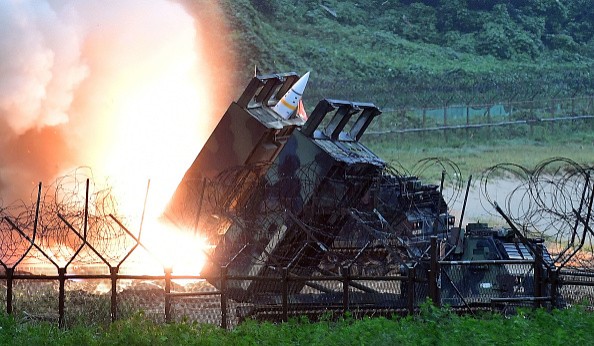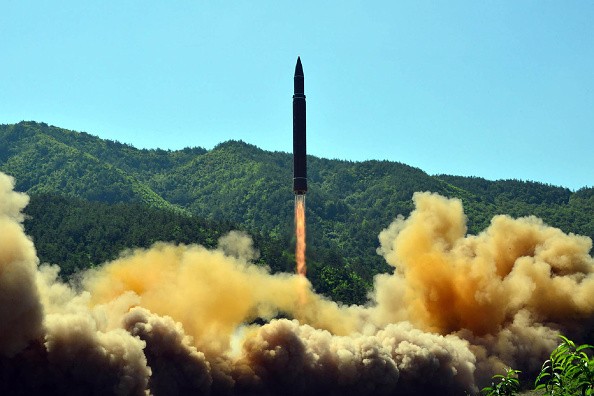Current U.S. defense systems are still considered ineffective against ICBMs (Intercontinental Ballistic Missiles). This detail was revealed by a new study conducted by the American Physical Society (APS).

APS, a non-profit organization, claimed that the inefficiency of the anti-ICBM systems of the United States will still remain even after 15 years.
The new study relied on a hypothetical North Korean missile strike. Involved experts observed if the current missile defense systems, such as ground-based interceptors, will work against a realistic ICBM threat.
US Missile Defense Systems Ineffective?
According to Breaking Defense's latest report, the new study checked if the current anti-missile systems and futuristic defense techs are efficient against intercontinental ballistic missiles.

But, the study discovered that they are still not enough when it comes to defending the United States in the next 15 years.
"Creating a reliable and effective defense against the threat posed by even the small number of relatively unsophisticated nuclear-armed ICBMs that it considers remains a daunting challenge," explained APS via its official report.
If you want to see more details about the latest study of APS titled "Ballistic Missile Defense: Threats and Challenges," you can visit this link.
Issues of U.S. Missile Defense Systems
The American Physical Society said that the U.S. faces various challenges in its current defense systems. One of these involves unresolved countermeasures for midcourse-intercept.
Aside from this, the nation also experiences the severe reach-versus-time challenge of boost-phase intercept. Although the United States was able to fix some of its defense system issues, many of the major problems still remain.
Right now, the U.S. government has already spent more than $350 billion in ballistic missile defense systems. But, the nation still needs to do more than invest a huge amount of money.
In other news, U.S. embassies recently suffered from high-power microwave attacks. Meanwhile, the Royal Air Force warned about smart meters, claiming they could disrupt U.K.'s EWS.
For more news updates about U.S. missile defense systems and other related topics, always keep your tabs open here at TechTimes.
Related Article : China's Navy Vessel Points Laser at Australia's Military Jets! Here's Why This Can Endanger Aircraft
This article is owned by TechTimes
Written by: Griffin Davis

![Apple Watch Series 10 [GPS 42mm]](https://d.techtimes.com/en/full/453899/apple-watch-series-10-gps-42mm.jpg?w=184&h=103&f=9fb3c2ea2db928c663d1d2eadbcb3e52)


